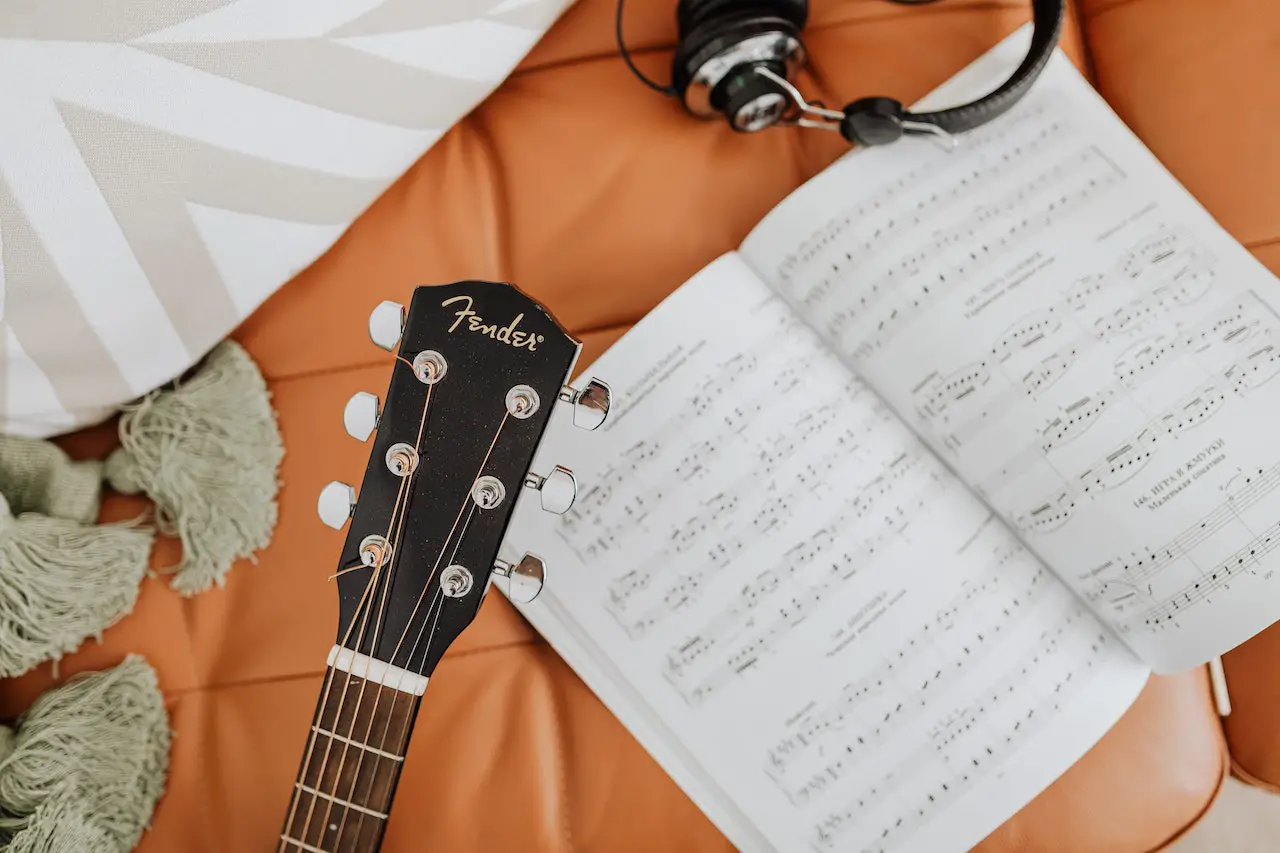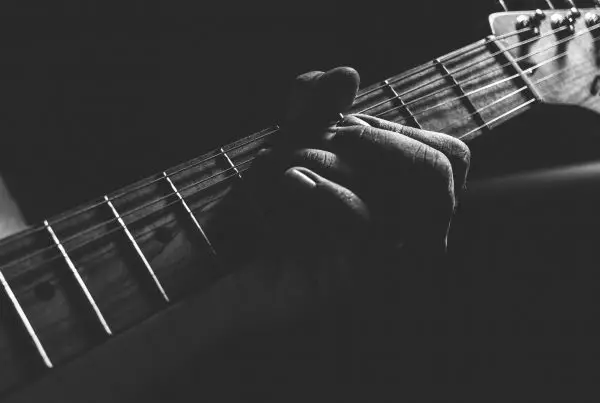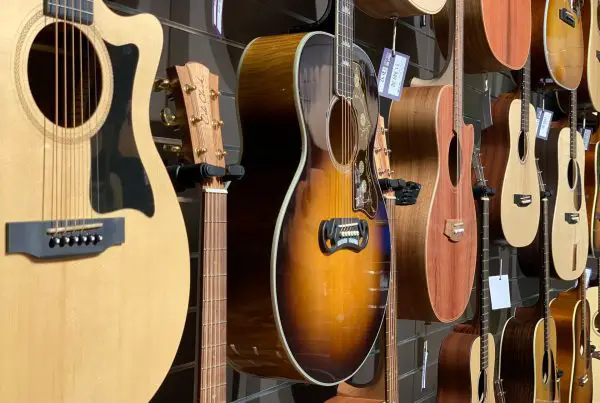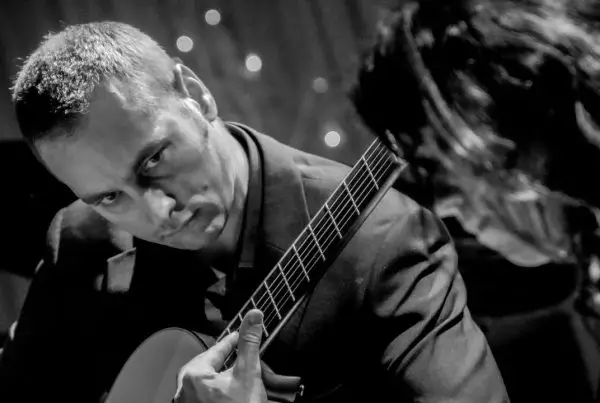You need the basic understanding of music theory to play an instrument. Knowing the fundamentals of music theory helps musicians interact with other musicians and express their ideas about the musical style in a vocabulary that any player must be capable of comprehending.
Musicians utilize music theory as a tool to comprehend and express the musical style. In musical theory, the foundations of music are examined. Additionally, it offers a method for interpreting musical works.
Basic music theory, for instance, outlines the components of harmonic, rhythm, and beat. The song structure, pace, melodies, harmonies, key indications, interval, scaling, and other creative characteristics are all identified. Additionally, it identifies musical elements including tempo, tone, sound, intonation, and others.
Making music may appear to be a jigsaw puzzle due to what may appear to be music theory’s rigid scholarly approach. There is nothing falser than it is. It is beneficial for all musicians to have a basic understanding of music theory.
The secret to improving on your instruments, producing better songs, and getting over artistic blockages is to comprehend the fundamentals of music theory.
The excellent news is that you can study it without a costly tutor or classical conservatory. The key components of music theory are easily learned by independent study and application to regular musical practice.
Even though it’s a component of learning to perform music, music theory is not necessary for a beginner enthusiast. In actuality, being able to play the piano by ear is the most popular way to do it without using music theory. Nevertheless, performing by ear is not the greatest approach since you won’t comprehend the notes that make up your songs.
Is Music Theory Same for All Instruments?

How notes interact actually determines the music
All instruments share the same fundamentals of music theory. At the theoretical level, all notes, scaling, chords, inversion, harmony, etc. are instrument-independent.
The main focus of musicology is just how notes interact with one another. A universal idea is what helps a note sound excellent in respect to other notes. Consequently, if a set of sounds is harmonious on one instrument, it will likely be harmonious on the majority of instruments.
Remember that simply because a given note arrangement is harmonic in accordance with music theory doesn’t indicate that it will sound nice when played by that instrument.
Is Sheet Music the Same for All Instruments?
All sheet music is the same for all instruments, the note “C” appearing in the music sheet is identical on all instruments since the majority of them are set to “concert pitch.”
A piano and the majority of the string family are played at concert pitch. Concert pitch is used for several woodwind instruments, including the oboe and the flute. The same is true for several brass and percussion instruments.
There is a universally accepted system of sheet music that employs and abides by the identical time signatures, phrases, pitches, and contrasts to produce the same sounds. Despite your culture or preferred musical instrument, all music is composed of the same seven fundamental notes.
Also Read: Guitar Tab Vs Sheet Music: 7 Differences & Which Is Better?
What Can You Use Music Theory For?

Music theory ,ales it easier to understand symbols
You can use music theory to compose music. Students who study music theory are better prepared to comprehend how music is composed and how to read musical notation.
Music theory educates and enables students to understand the significance of symbols, keys, scale, intervals, intonation, rhythm, harmonies, and more when it comes to studying an instrument.
The knowledge of what music is and how songwriters and artists create music is known as music theory. Philosophical and theoretical, but also useful, is music theory.
Knowing what causes a note combination to be discordant, how to interpret and play simultaneously, or when decreasing the third by a semitone resulting in a minor chord or development are all examples of this.
Students are given the flexibility and capacity to study music on their own, without the direction of a teacher, as they start learning about the principles of composing and analysis.
They won’t be able to study or play a music piece that hasn’t been published or heard before without the capability to read music, let alone come up with their own songs. With such a strong theoretical base, students may start writing music and improvising on their own.
Which Instrument Is Best to Learn Music Theory?
Piano is the greatest instrument for mastering the foundations of music theory. No other instrument is more visually appealing than the piano, despite the fact that they all use the same musical alphabet.
A calculator, or perhaps an abacus would be more precise, is essentially what a piano is to music. The piano gives forth the basis of scales, chords, and other concepts in a visible and real way unlike any other instrument. Musical theory is essentially arithmetic.
Play all of the white notes beginning with C if you wish to hear a major chord. You may use the same technique, but begin on a pitch apart from C, to comprehend modular music.
The first, third, and fifth chords of the scale can be played to create a triad, a simple chord made up of three chords. Your comprehension of theory is already progressing.
Also Read: Bass Vs Guitar As First Instrument: Which Is Better To Start
FAQs
Q: Why Is Music Theory So Hard?
Music theory is hard because it requires a very specific set of talents, and becoming used to their nuances takes time. Firstly, there are 12 keys in contemporary music, thus you must memorize every chord and scale in 12 distinct settings. There are specific chords, scaling, and harmonic tones for each key.
Q: Is Music Theory the Same for Guitar and Piano?
Yes, music theory is the same for guitar and piano.
Q: Are Guitar Music Sheets the Same as Piano?
Yes, guitar music sheets are the same as piano – the same chords are used on both the piano and the guitar, but they are performed in different ways to generate the same effect.
Q: Are Music Notes the Same for All Instruments?
Music notes are the same for all instruments. The note “C” sounds similar on all instruments since the majority of them are set to “concert pitch.” A piano and the majority of the string family are played at concert pitch.
Concert pitch is used for several woodwind instruments, including the oboe and the flute. The same is true for several brass and percussion instruments.
The harmonic overtones and envelope of each instrument are distinct, which is why the same musical note sounds different when played on multiple instruments.
Additional wavelengths, referred to as harmonics, are produced when a frequency is performed. Every instrument has an own harmonic personality.





